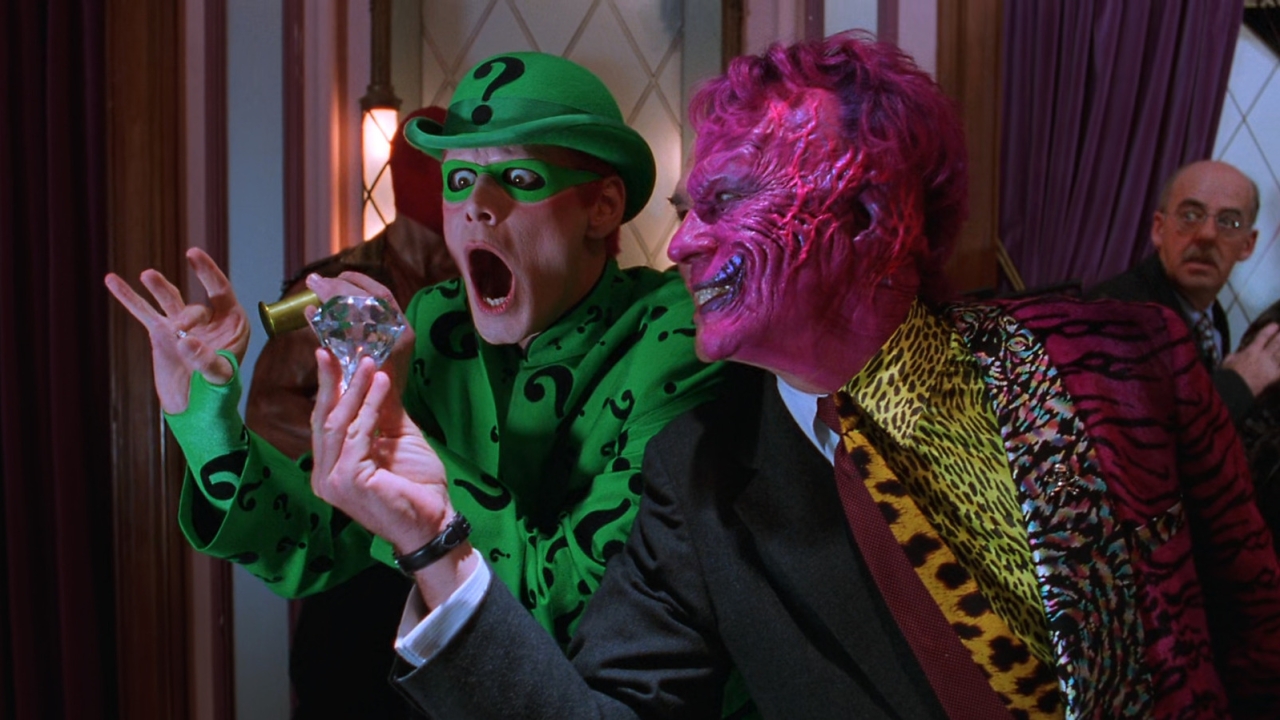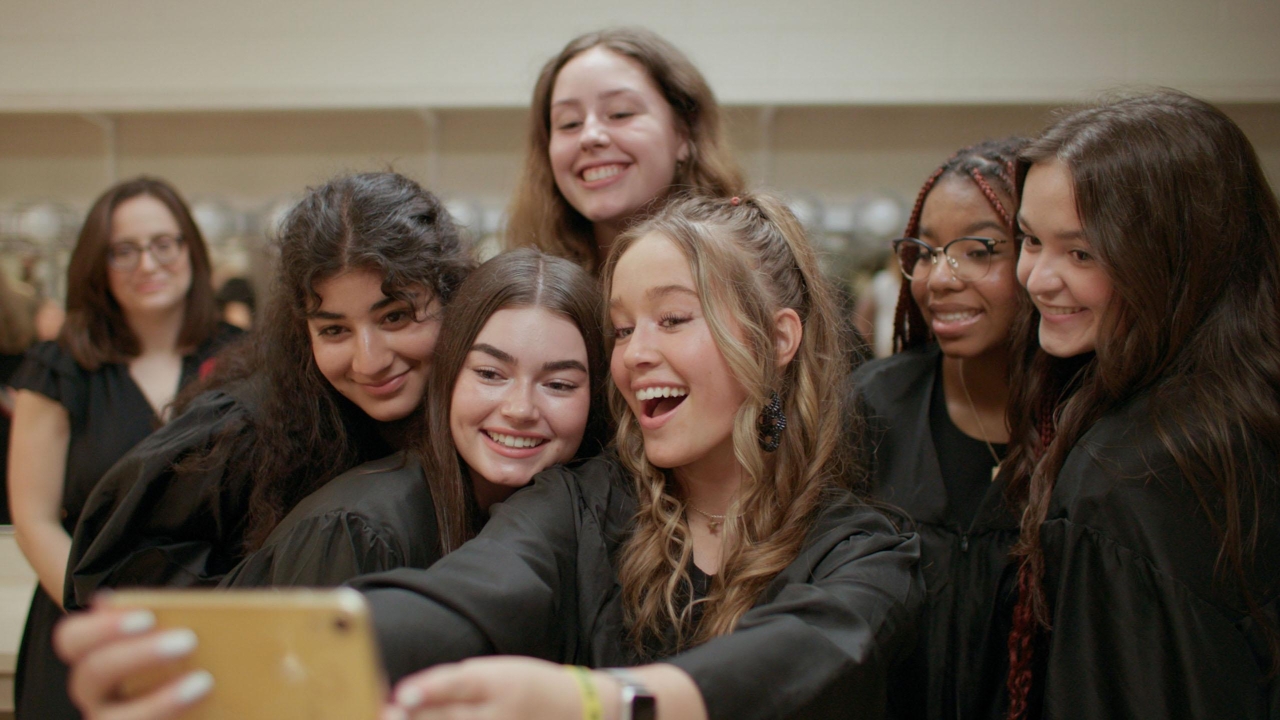Tom Cruise's Commitment to Diversity and Authenticity in Hollywood
News - 15 December 2023
 It is evident that actor Tom Cruise (61) is dedicated to the quality of his work. His refusal of a specific role in 1998 only reinforced this commitment. Cruise made the decision to pass on the iconic leading role in The Mask of Zorro in order to combat the issue of "whitewashing" in Hollywood.
It is evident that actor Tom Cruise (61) is dedicated to the quality of his work. His refusal of a specific role in 1998 only reinforced this commitment. Cruise made the decision to pass on the iconic leading role in The Mask of Zorro in order to combat the issue of "whitewashing" in Hollywood.The role was initially offered to him by producer Steven Spielberg, but Cruise, being aware of the potential controversy that could arise from casting a non-Latino actor in a Latin American character, chose to step away. This decision further solidified Cruise's reputation for making intelligent choices in the film industry.nnAlthough the film was still criticized for whitewashing due to the casting of Welsh actress Catherine Zeta-Jones and English actor Anthony Hopkins, Spanish actor Antonio Banderas ultimately took on the role of the swordsman.
In today's film industry, there is a greater emphasis on diversity and inclusivity, with more races being represented on screen. However, this has also led to backlash, particularly online, against the practice of changing the race of historically white characters in popular remakes or reboots.nnDespite facing criticism for his decision to turn down the role in The Mask of Zorro, Cruise remained steadfast in his commitment to promoting diversity in Hollywood.
His actions demonstrated a willingness to prioritize authenticity and representation in his work, even if it meant passing on a high-profile role. Cruise's principled stance resonated with audiences and industry insiders alike, further enhancing his reputation as a thoughtful and discerning actor.nnThe issue of whitewashing in Hollywood has been a longstanding problem, with many actors and filmmakers coming under fire for casting decisions that lack cultural authenticity.
In recent years, there has been a growing push for greater diversity in film and television, prompting studios to reevaluate their casting choices and storytelling practices. While progress has been made in terms of casting actors from diverse backgrounds, there is still much work to be done to ensure that all voices are represented on screen.nnOne of the key arguments against whitewashing is the erasure of cultural identity and the perpetuation of harmful stereotypes.
By casting actors who do not reflect the ethnic or racial background of the characters they are portraying, filmmakers risk misrepresenting and marginalizing minority communities. This lack of representation not only harms the cultural fabric of society but also limits opportunities for actors from underrepresented groups to showcase their talents on a larger platform.nnIn recent years, Hollywood has made efforts to address the issue of whitewashing and promote greater diversity on screen.
This has been reflected in the casting of actors from diverse backgrounds in leading roles, as well as the production of films and television shows that celebrate different cultures and experiences. While there is still progress to be made, these changes represent a positive step towards a more inclusive and representative entertainment industry.nnCelebrities like Tom Cruise, who use their platforms to advocate for diversity and representation in film, play a crucial role in advancing these important conversations.
By making bold decisions to prioritize authenticity and inclusivity in their work, actors can inspire others to do the same and contribute to a more equitable and diverse entertainment landscape. Ultimately, the commitment to promoting diversity in Hollywood benefits not only the industry itself but society as a whole, as it allows for a richer and more accurate portrayal of the world we live in.











